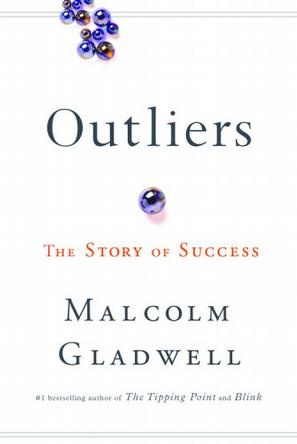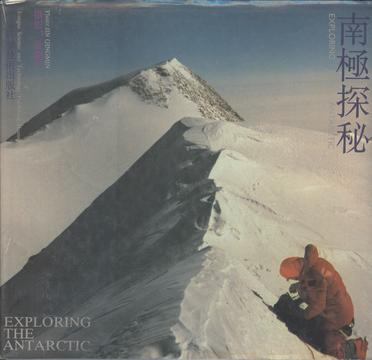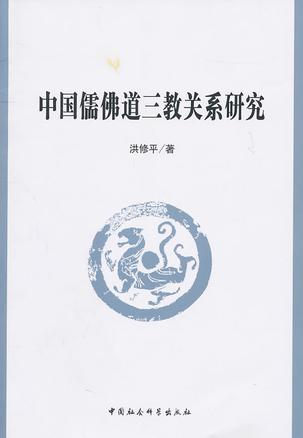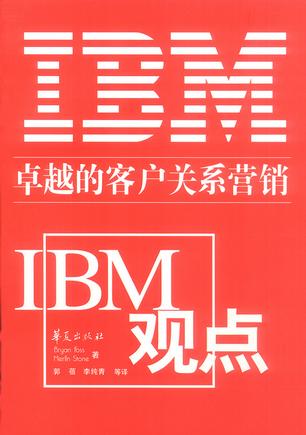A New York Times Notable Book
Winner of the Kiriyama Book Prize
In the heart of China's Sichuan province, amid the terraced hills of the Yangtze River valley, lies the remote town of Fuling. Like many other small cities in this ever-evolving country, Fuling is heading down a new path of change and growth, which came into remarkably sharp focus when Peter Hessler arrived as a Peace Corps volunteer, marking the first time in more than half a century that the city had an American resident. Hessler taught English and American literature at the local college, but it was his students who taught him about the complex processes of understanding that take place when one is immersed in a radically different society.
Poignant, thoughtful, funny, and enormously compelling, River Town is an unforgettable portrait of a city that is seeking to understand both what it was and what it someday will be.
Third-place winner of Barnes & Noble's 2001 Discover Great New Writers Award for Nonfiction
Peter Hessler is a staff writer at The New Yorker, where he served as the Beijing correspondent from 2000 to 2007, and is also a contributing writer for National Geographic. He is the author of River Town, which won the Kiriyama Prize; Oracle Bones, which was a finalist for the National Book Award; and, most recently, Country Driving. He won the 2008 National Magazine Award for excellence in reporting, and he was named a MacArthur Fellow in 2011. He lives in Cairo.
Biography
Peter Hessler, one of four children, was born in 1969, in Pittsburgh, but moved shortly thereafter to Columbia, Missouri. His father is a recently retired professor of sociology at the University of Missouri, and his mother teaches history at Columbia College.
Hessler attended Princeton University, where he majored in English and Creative Writing. The summer before graduation, he worked as a researcher for the Kellogg Foundation in southeastern Missouri, where he wrote a long ethnography about a small town called Sikeston. This became his first significant publication, appearing in the Journal for Applied Anthropology.
In 1992, Hessler entered Oxford University, where he studied English Language and Literature at Mansfield College. After graduating in 1994, he traveled for six month in Europe and Asia. One of the highlights of that trip was taking the trans-Siberian train from Moscow to Beijing. That journey resulted in his first published travel story, an essay that appeared in The New York Times in 1995. And that journey was his first introduction to China.
He spent the following year freelancing and attempting to write a book about his travels. Although the book didn't work out, he was able to publish travel stories in a range of newspapers, including The New York Times, The Philadelphia Inquirer, The Washington Post, and The Newark Star-Ledger, among others. In 1995, he received the Stratton Fellowship, a grant from the Friends of Switzerland and spent two months hiking 650 miles across the Alps. Afterwards he continued to freelance, writing travel stories for American newspapers while teaching freshman composition at the University of Missouri. He also organized volunteer projects for students on campus.
In 1996 he joined the Peace Corps and was sent to China. For two years, he taught English at a small college in Fuling, a city on the Yangtze River. While living in Fuling, he studied Mandarin Chinese and became proficient in the language.
After completing his Peace Corps service in 1998, he traveled to Tibet, where he researched a long article, "Tibet Through Chinese Eyes," which appeared in the Atlantic Monthly in February of 1999. Following that trip, he returned to Missouri and wrote River Town: Two Years on the Yangtze. While working on the book, he continued to write travel stories for The New York Times and other newspapers. In March of 1999, Hessler decided to return to China independently and try to establish himself as a freelance writer.
Over the following years, he traveled widely in China and freelanced for a variety of publications. For a brief spell, he was accredited as the Boston Globe stringer in Beijing. In 2000, The New Yorker began publishing some of his stories; the following year, he became the first New Yorker correspondent to be accredited as a full-time resident correspondent in the People's Republic.
In 2000, Hessler also started researching stories for National Geographic Magazine. The first assignment was a story about Xi'an archaeology, which sparked his interest in researching antiquities. Subsequently he accepted an assignment for a story about China's bronze-age cultures, which led to his interest of the oracle bones of the Anyang excavations.
River Town was published in 2001. It won the Kiriyama Prize for outstanding nonfiction book about the Pacific Rim and South Asia. It was also a finalist for the Barnes & Noble Discover award, and in the United Kingdom it was shortlisted for the Thomas Cook Travel Book Award. The book has been translated into Korean, Thai, and Hungarian. The Hungarian translation won the Elle Literary Prize for nonfiction in 2004.
Peter Hessler's magazine stories have been selected for the Best American Travel Writing anthologies of 2001, 2004 and 2005, and also for the Best American Sports Writing anthology of 2004. "Chasing the Wall," a National Geographic story published in 2003, was nominated for a National Magazine Award.
Hessler first conceived of Oracle Bones at the end of 2001 and spent the next four years researching and writing the book.
He currently lives in Beijing.
Author biography courtesy of HarperCollins.
Good To Know
"The only steady job I ever held in journalism was delivering the Columbia Missourian," Hessler revealed in our interview. "I knew I wanted to be a writer since I was sixteen years old. Mary Racine, who taught sophomore English at Hickman High School, first encouraged me to take writing seriously. Mary Ann Gates taught juniors and Khaki Westerfield taught seniors; they were all remarkable teachers It makes a big difference to be encouraged at such an early stage."
 River Towntxt,chm,pdf,epub,mobi下载
River Towntxt,chm,pdf,epub,mobi下载 首页
首页



内容严谨
文字表现力极强
为我提供了一个解看历史和现实的全新视角。
现在终于有机会看看这本书